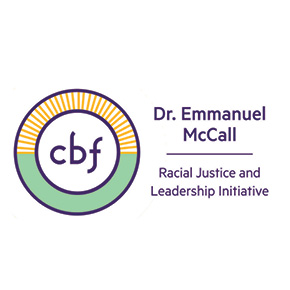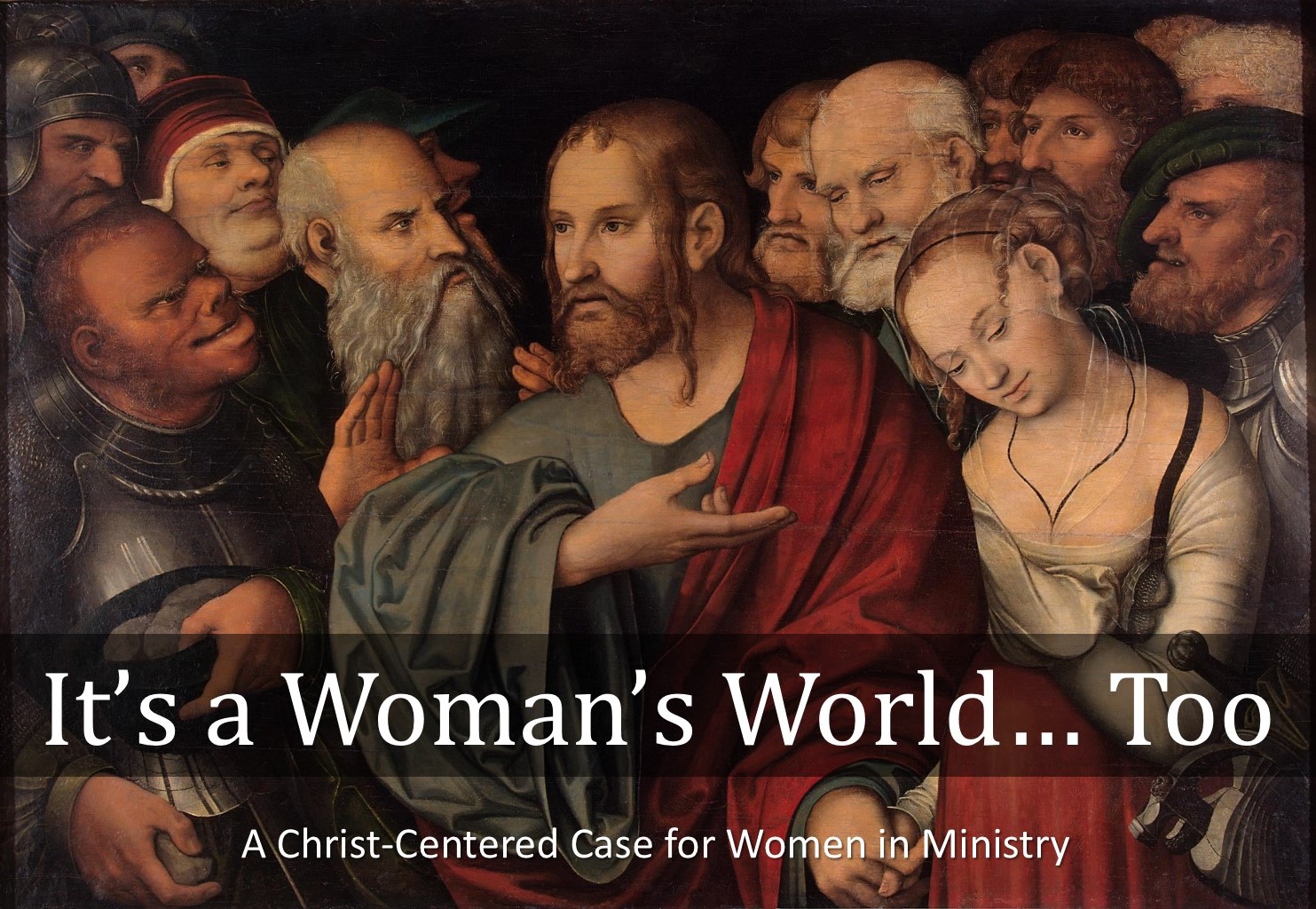A Satire Of Todd Friel's Ten Reasons To Not Ask Jesus Into Your Heart
10. Total Depravity---the concept yes but no exact reference.
9. Original Sin---the concept yes but no exact reference.
8. Trinity---the concept yes but no exact reference.
7. Hell---though sheol-the grave, gehenna-Valley of Hinnom a garbage dump in Jerusalem, etc. are.
6. True and false converts
5. John MacArthur---obviously not.
4. Charles Spurgeon---obvious as well.
3. inerrancy---nope.
2. Protestantism---nada.
1. Absolute Truth---nope---this is a neo-Platonic dualistic and Gnostic concept of Modernism.
Bonus points: driving to church on Sunday, the rapture, Way Of The Master and Wretched radio, toilets are also not in the bible but peeing on walls is:
---
Pastor Steven Anderson (Faithful Word Baptist Church, Tempe, Arizona) sermonizes on the phrase "him that pisseth against the wall" in I Kings 14:10. The phrase is also found in I Sam 25:22, 25:34; I Kings 16:11, 21:21; and II Kings 9:8
If the duty of the Christian is not to follow Christ but live by the bible---we should make sure we get these key Salvation-effecting points right.











